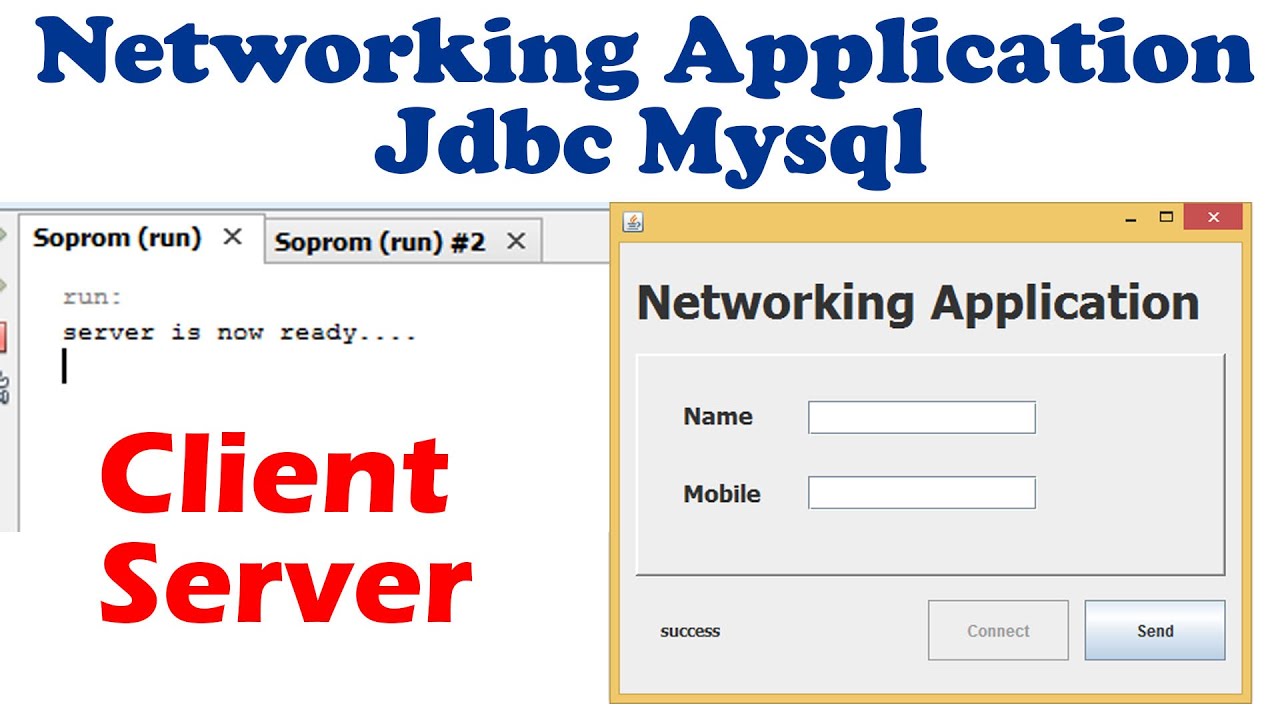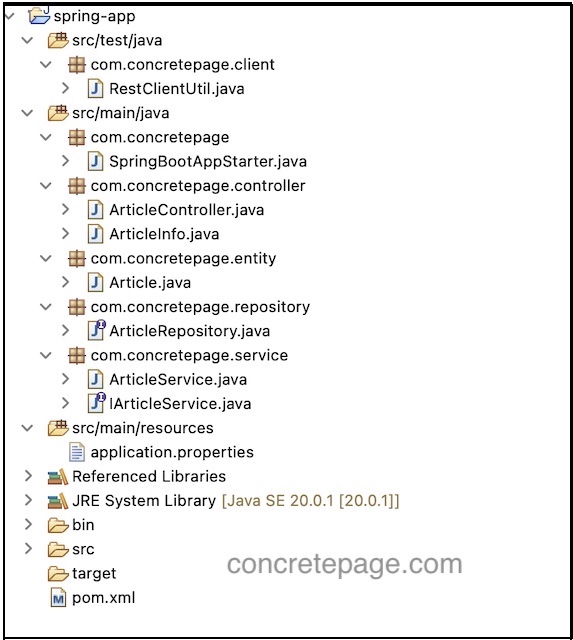Roads & PavementRoads & Pavement
Barefoot
Minimal
Low
Medium
High
Maximal
All around running shoes offer comfort and cushioning for daily runs, jogs, walks, and long mileage. They offer enough versatility for both faster and slower runs and are a great option for those who want one running shoe to do it all.
Fast run or uptempo running shoes are lightweight and responsive. They offer streamlined designs that have minimal uppers and offer a high level of energy return. These shoes are a great option for faster runs in the week or those looking for a livelier experience.
Max Cushion shoes offer premium cushioning with ample ground protection and a stable ride. These types of shoes provide abundant impact protection that softens landings while running at any pace or distance. These types of shoes are best for slower recovery runs and easy days where comfort takes priority.
Racing shoes are designed with optimal performance in mind. These types of shoes have snug-fitting uppers, energetic midsole foams, and features implemented for maximum efficiency. These types of shoes are best for runners looking to gain the ultimate advantage in races but may sacrifice some durability and comfort.
Gym Workout shoes offer a stable and versatile ride. They have a firmer underfoot feeling that provides stability for lateral movements with comfortable uppers. These types of shoes are best for trips to the gyms, cross training, casual wear, and light running. Spring with JPA SpringerLink
Road running shoes feature smooth outsoles that are designed for running on paved surfaces such as roads, sidewalks, and bike paths.
Designed to handle most trail runs, these shoes prioritize comfort and a smooth ride. These shoes are great for anything from smooth singletrack, park trails, and fireroads making them ideal for those who run from their doorstep on streets before hitting the trail.
These shoes are best used for hard, rugged trails such as shale, granite or sandstone where grip on smooth surfaces and underfoot protection are important.
Designed for use in muddy, soggy conditions, these shoes feature very aggressive outsoles that dig deep into soft ground for exceptional traction.
These shoes feature technical outsoles designed to grip snowy and icy trails making them ideal for winter trail running.
Cushioning level, or stack height, refers to how much shoe is between your foot and the ground. For this category, we reference the amount of cushioning below the forefoot as the heel height will be equal to or greater than the forefoot height.
Database Connection Pooling and Monitoring in Spring Boot
0-13mm. The Shoe generally does not have a midsole and feels like there is no cushioning. This shoe is all about feeling the ground underfoot.
14-18mm. The shoe has a thin midsole that allows for a natural running experience. Racing shoes and minimalist shoes are common here. These shoes offer a feeling of being connected to the road or trail.
19-23mm. The shoe has a slightly cushioned feel and may feature added cushioning technologies. Performance training shoes and some trail shoes are common here. These offer protection during footstrike but prioritize a lightweight, grounded experience.
24-28mm. These shoes have a stack height that fall near the middle of the spectrum.The shoes in this category are verstaile and great for all types of runs and distances.
29-34mm. The shoe has a thick midsole and ample cushioning. These shoes are highly protective and absorb more impact than the body.
35mm plus. The shoe has an extremely thick midsole and extra cushioning. The focus is on protection and soft foam underfoot with hardly any ground feel.
Neutral shoes support the foot through a normal range of arch collapse and generally do not have a built-in technology to correct movement.
Stability shoes are a great option for those who overpronate or need added support. These shoes help to limit the inward rolling motion of the ankle while running or walking and assist in guiding the foot straight through the gait cycle. Spring Boot HikariCP
Product Details:
Hibernate ORM User Guide shop, MDEV 24146 latest update 10.5.7 breaks communication with shop, Configure Hibernate Connection Pool Mastertheboss shop, Data Persistence with Helidon and Native Image by Tom Kraus shop, Configuring Tomcat Connection pool and Hikari Connection pool in shop, Hibernate6 with HikariCP on Springboot fails to boot Hibernate shop, Hikari Connection Pooling Example KK JavaTutorials shop, Florian Beaufum Architecte logiciel Expert Java et backend shop, REST API 3. JPA Hibernate HikariCP shop, Hibernate 5 HikariCP configuration example YouTube shop, Spring Boot Hibernate 5 with Mysql Example DevGlan shop, Hibernate ORM 5.4.33.Final User Guide shop, Database Connection Pooling and Monitoring in Spring Boot shop, Apparent connection leak detected after upgrading hibernate and shop, Beyond Defaults Optimizing HikariCP for Production Workloads by shop, HikariCP High performance JDBC connection pool For Java shop, Hibernate Validator 5 Jar Download Colaboratory shop, How to create a Multi Database Pool in HikariCP CodersTea shop, Configuring Tomcat Connection pool and Hikari Connection pool in shop, Spring Boot HikariCP shop, Database Connection Pooling and Monitoring in Spring Boot shop, Spring with JPA SpringerLink shop, Configure Hibernate Connection Pool Mastertheboss shop, postgresql Timeouts from Hikari pool Stack Overflow shop, Configuring HikariCP in Spring Boot by Thanh Tran Programming shop, Accessing Data Through Hibernate What DBAs Should Tell Developers shop, Fine tune HikariCP with spring boot Curious concepts shop, shop, Using HikariCP instead of C3P0 Development OpenMRS Talk shop, Hibernate Will Internally Determine Which ConnectionProvider in Hibernate shop, postgresql HikariCP Why does connection leak and unleak result shop, GitHub codspire JPA HikariCP without Spring JPA with Hikari shop, Spring Boot 2 JPA Hibernate 5 MySQL Application Development shop, Failed Exited with status 1 while running your code Render shop, Hikari Configuration for MySQL in Spring Boot 2 Spring Framework shop, Why does hikari pool commit take so long Hibernate ORM Hibernate shop, Why does hikari pool commit take so long Hibernate ORM Hibernate shop, Free Course Hibernate 5 Tutorials from YouTube Class Central shop, HikariCP Tomcat JNDI Hibernate configuration Issue 1134 shop, Hikari Configuration for MySQL in Spring Boot 2 Spring Framework shop, Spring Boot Hibernate 5 with Mysql Example DevGlan shop, java Hibernate 5 migration Issue with Multilevel Joined table shop, Hibernate ORM User Guide shop, how to use org.hibernate.hikaricp.internal shop, Hikari CP Efficient Database Connection Pooling by Diksha shop, GitHub seefa spring mvc hibernate hikaricp tutorial Goal of shop, Hibernate ORM 5.0 User Guide shop, Introduction to HikariCP Baeldung shop, Hibernate 5 HikariCP configuration example shop, GitHub stefanproell HibernateHikariExample An example of how to shop, Product Info:
Hibernate 5 hikaricp shop.
- Increased inherent stability
- Smooth transitions
- All day comfort
Model Number: SKU#7391027




.png)
